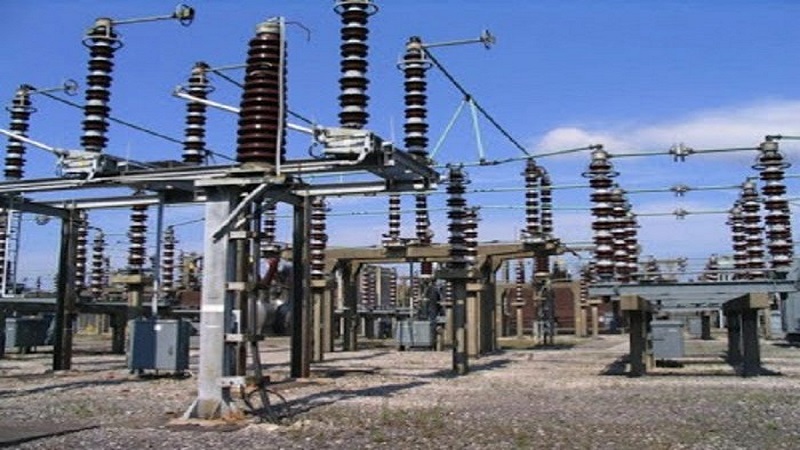
Mining & Trade News
Malawi Online News
Top Stories
Energy
ESCOM to host regional power pool meeting
March 02, 2020 / Wahard Betha

The Electricity Supply Corporation of Malawi (ESCOM) will on March 3 to 5, 2020 host the 54th Southern Africa Power Pool (SAPP) meeting at Bingu International Convention Centre in Lilongwe.
A press statement released by ESCOM says that the meeting will attract local and foreign key stakeholders to deliberate on issues hindering power generation and supply in the southern part of Africa.
“This Meeting will draw together about 150 experts from 12 member states in the Southern Africa Development Community (SADC) to discuss issues affecting the electricity sector, such as planning, operations, power trading and environment,” reads the statement.
The meeting comes at a time ESCOM is working on the construction of the Mozambique-Malawi Power Interconnector which will cement its place as an operating member of the power pool.
Escom considers membership of the power pool which will enable Malawi to share electricity with other SADC member states as an opportunity to ensure continuous supply of power amid numerous climate change related challenges that are disrupting supply forcing the utility to supply only 351 MW against a peak demand of 500 MW.
Malawi power supply challenges include flooding that results in siltation and low water levels which reduce capacity of electricity generation equipment.
Through the power pool, Malawi also hopes to start exporting electricity to the region in future as the Electricity Generation Company (EGENCO) is pursuing several projects to increase its power supply capacity.
The projects on the cards include expansion of Wvowe Mini Hydropower Scheme from 4.5 MW to 9MW; the 20MW solar power project at Nanjoka in Salima, the 180MW Songwe Hydropower Project on Songwe River; the 138MW Kholombidzo Hydroelectric Power Plant on Shire River, the 309MW Mpatamanga Hydro Power Plant and a Coal Fired Plant.
SAPP was created in August 1995 at the SADC summit in Kempton Park, South Africa, when member governments of SADC (excluding Mauritius) signed an Inter-Governmental Memorandum of Understanding (MoU) for the formation of an electricity power pool in the region under the name of the Southern African Power Pool.
The Ministers responsible for energy in the SADC region signed the Revised Inter-Governmental MoU in February 2006.
SAPP was organized under the visions of: facilitating the development of a competitive electricity market in the SADC region; giving the end user a choice of electricity supplier; ensuring that the southern African region is the region of choice for investment by energy intensive users and; guaranteeing sustainable energy developments through sound economic, environmental and social practices.
The body serves to provide a forum for the development of a world class, robust, safe, efficient, reliable and stable interconnected electrical system in the southern African region; coordinate and enforce common regional standards of quality of supply, measurement and monitoring of systems performance; facilitate the development of regional expertise through training programmes and research and; increase power accessibility in rural communities.
The SAPP is governed by four agreements: the Inter-Governmental Memorandum of Understanding which enabled the establishment of SAPP; the Inter-Utility Memorandum of Understanding, which established SAPP’s basic management and operating principles; the Agreement between Operating Members which established the specific rules of operation and pricing; and the Operating Guidelines, which provide standards and operating guidelines.
The SAPP has twelve member countries represented by their respective electric power utilities organized through SADC.
SAPP has four working committees: the Environmental Sub-Committee, the Markets Sub-Committee, the Operating Sub-Committee and the Planning Sub-Committee under a Management Committee which in turn reports to the Executive Committee.































